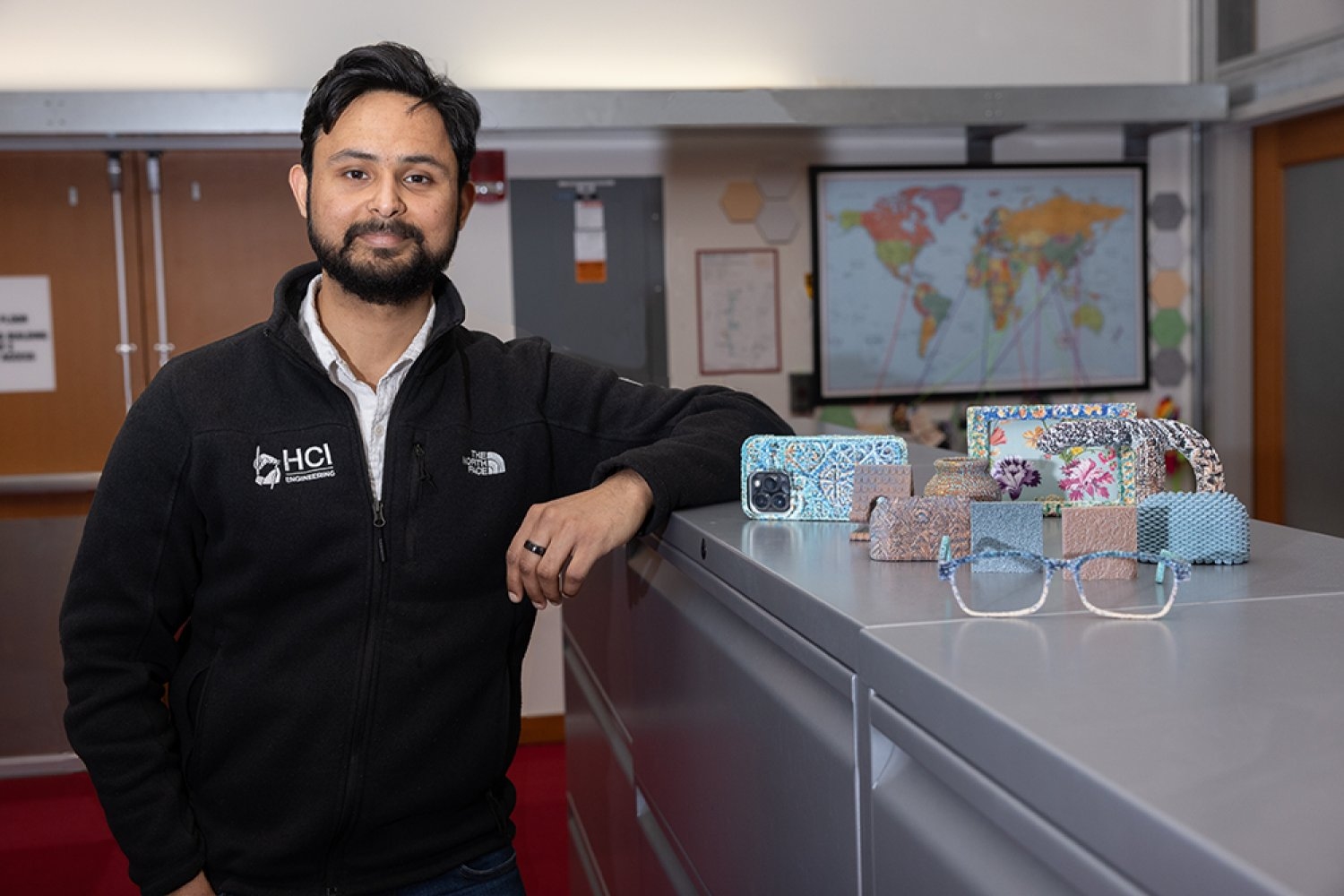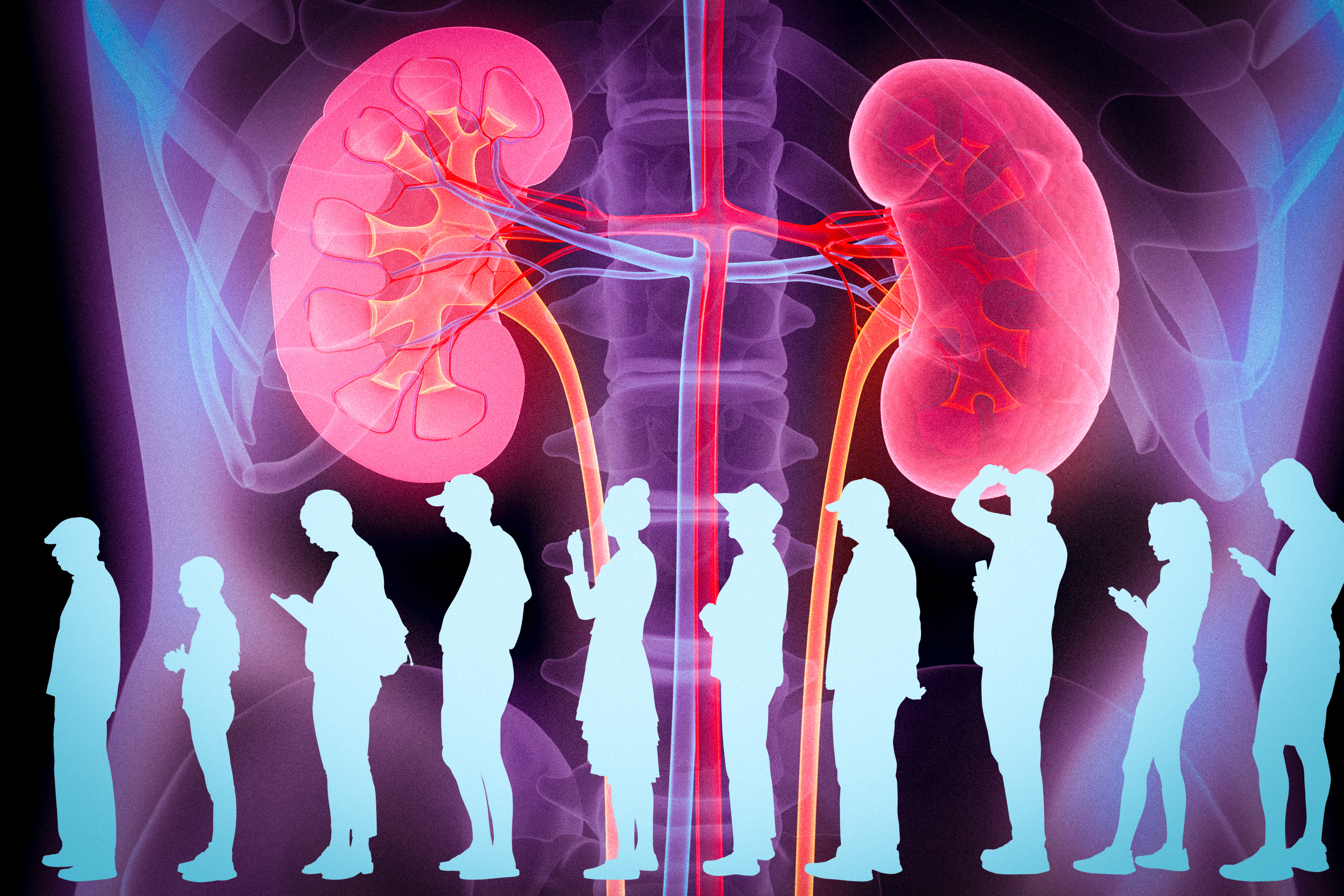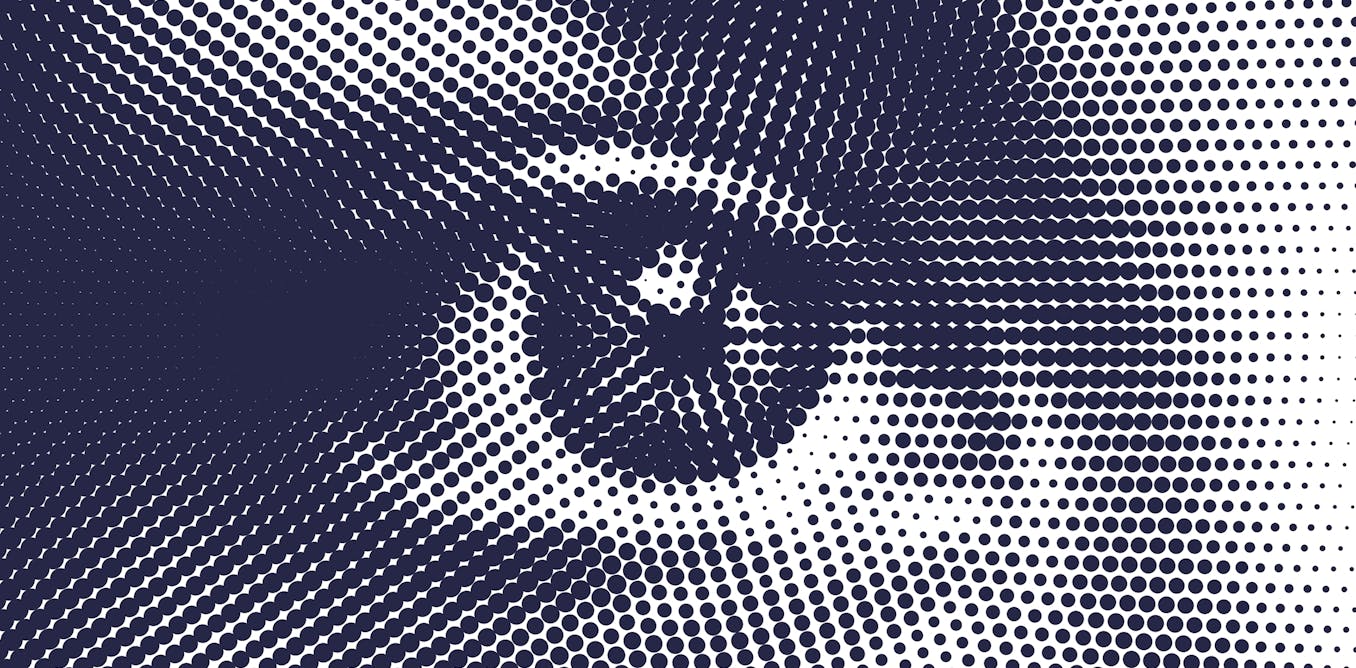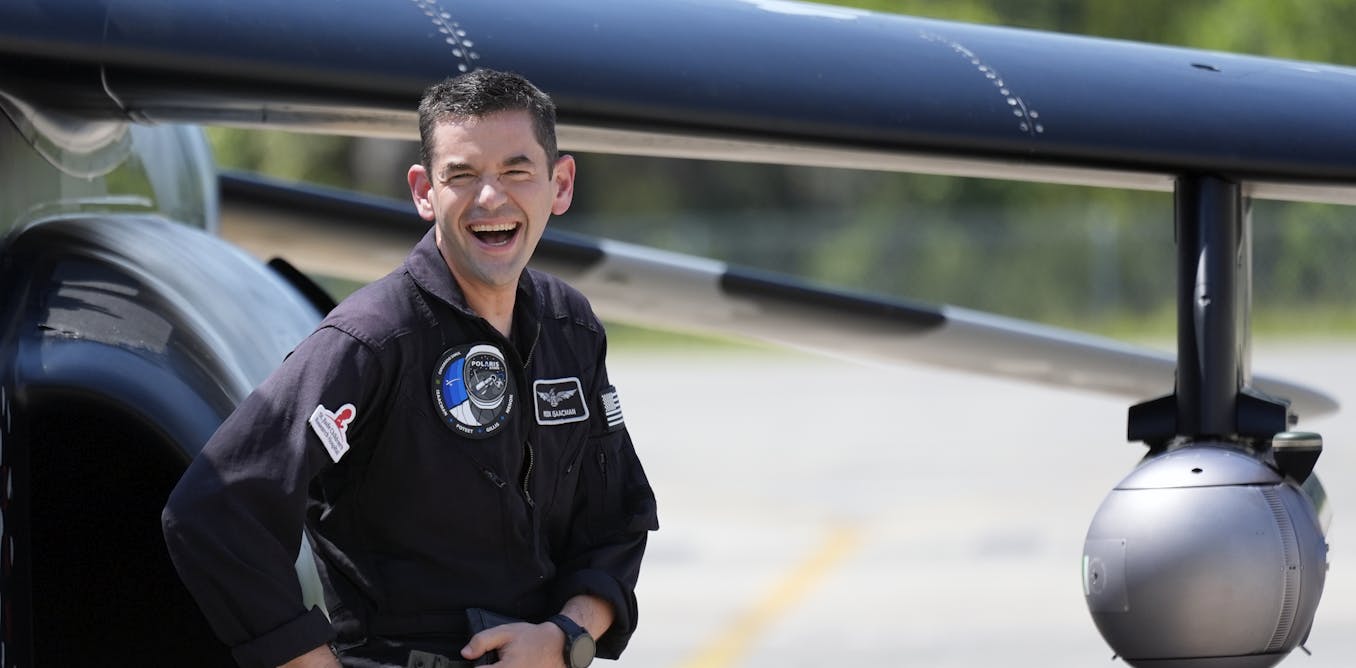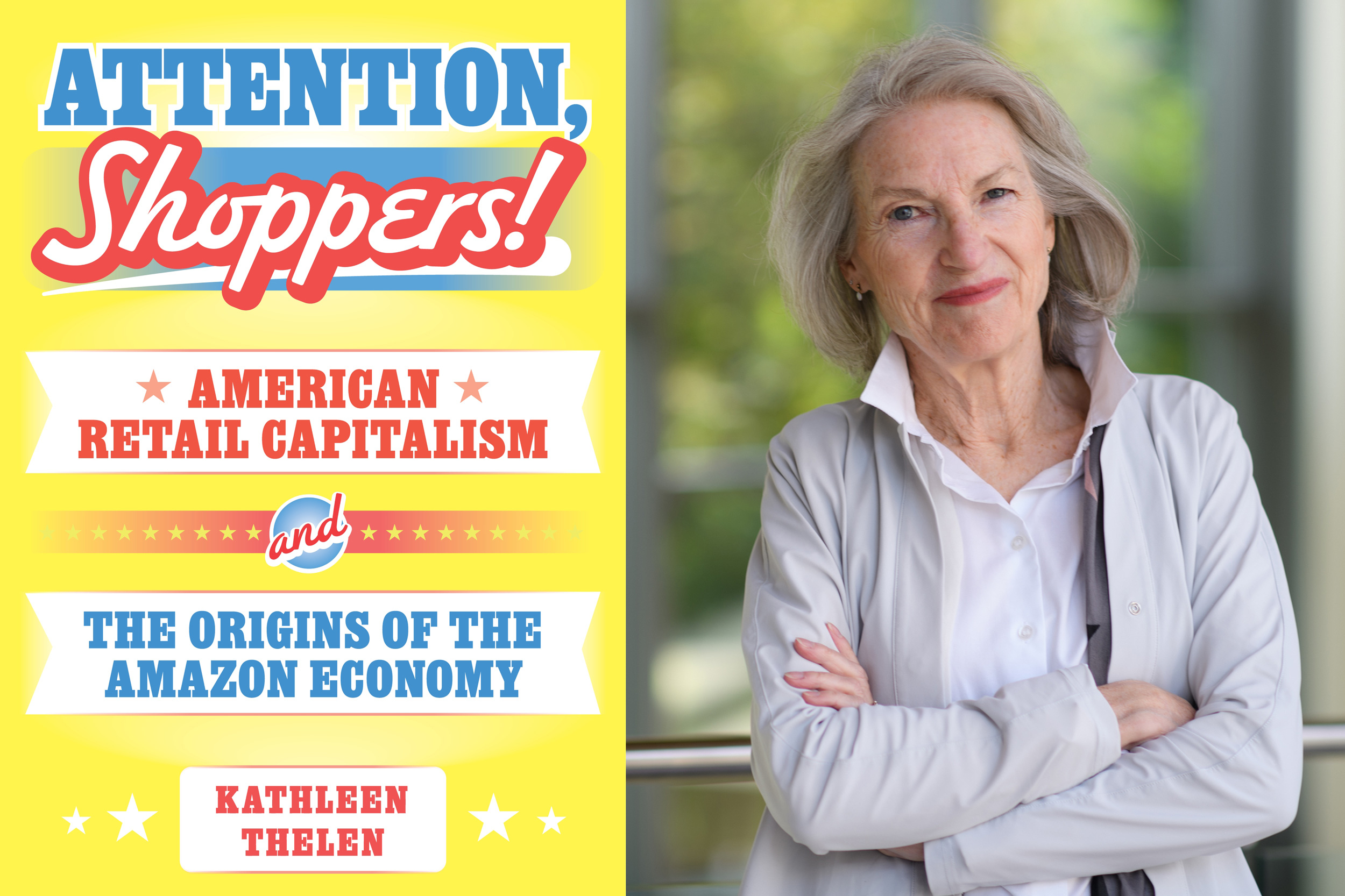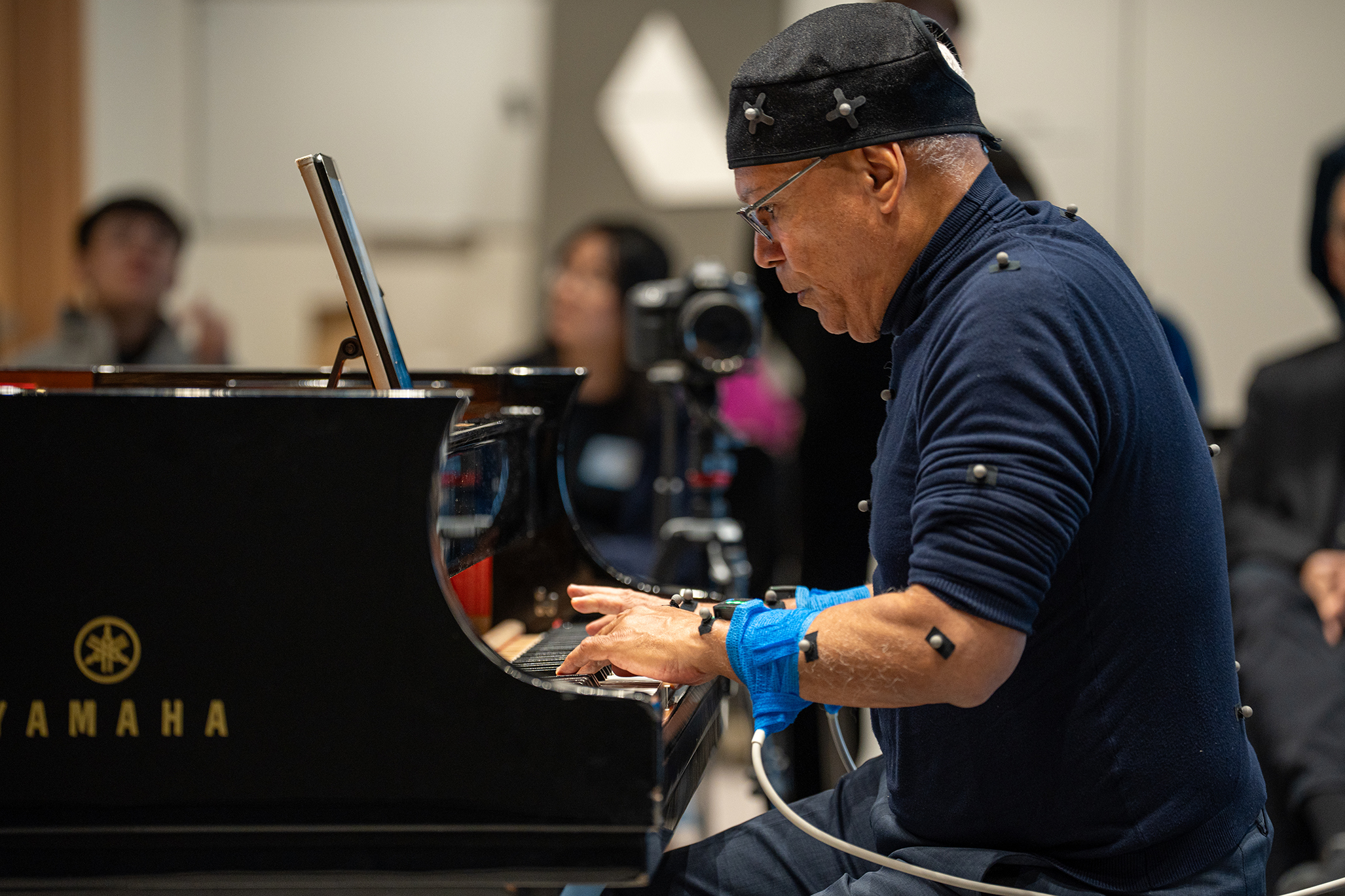Why don’t humans have hair all over their bodies? A biologist explains our lack of fur
Human beings don’t have a thick coat of fur like many other mammals do. Scientists think it has to do with something else that comes out of skin: sweat.
Maria Chikina, Assistant Professor of Computational and Systems Biology, University of Pittsburgh •
conversation
April 21, 2025 • ~6 min
April 21, 2025 • ~6 min
The sudden dismissal of public records staff at health agencies threatens government accountability
Public records requested under the Freedom of Information Act have helped shape health policy and keep the government accountable – but recent staff cuts may make this impossible.
Reshma Ramachandran, Assistant Professor of Medicine, Yale University •
conversation
April 16, 2025 • ~10 min
April 16, 2025 • ~10 min
Trump’s nomination for NASA leader boasts business and commercial spaceflight experience during a period of uncertainty for the agency
Billionaire CEO Jared Isaacman has worked closely with SpaceX. He expressed an interest in sending missions to both the Moon and Mars if confirmed.
Wendy Whitman Cobb, Professor of Strategy and Security Studies, Air University •
conversation
April 10, 2025 • ~9 min
April 10, 2025 • ~9 min
The human body, its movement, and music
Connected by MIT’s Human Insight Collaborative, Lecturer Mi-Eun Kim and Research Scientist Praneeth Namburi want to develop an understanding of musical expression and skill development.
Benjamin Daniel | School of Humanities, Arts, and Social Sciences •
mit
April 7, 2025 • ~7 min
April 7, 2025 • ~7 min
/
92



